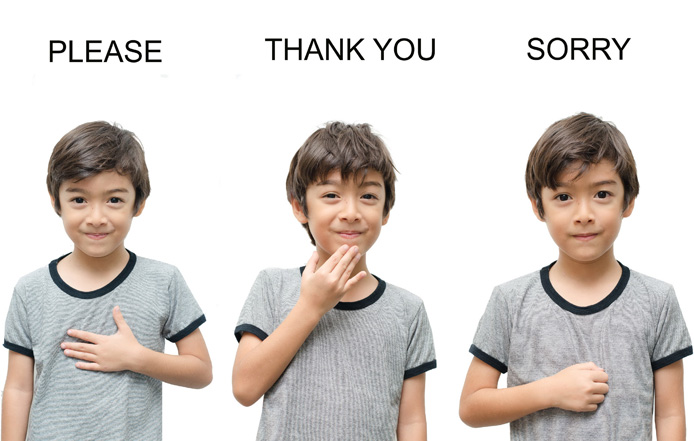How to Treat Kids with Hearing Impairment
Children with hearing impairment (tunarungu) are not to hide. They are also special, have advantages and can be trained to optimize their other senses.
Busy is the typical excuse for parents to neglect kids’ growth and development. The truth is, the sooner it is detected, the easier to deal with any impairment. The Consultant of Children’s Growth and Development RSUD Dr Soetomo, dr Mira Irmawati SpA(K) claims to be very sad over this kind of parents. “Don’t compare your kid with kids next door, his/her brothers, sisters or cousins. Just check out the Kartu Menuju Sehat (KMS) from Posyandu for comparison. Or refer to doctor’s and psychologist’s standards,” Mira raised her deepest concern
Actually, hearing disorder on kids can be detected since baby. Be on guard if the little ones don’t show any speaking or linguistic progress. For example, if the babies don’t respond when being talking to, not crying when pees or hungry. Or still unable to mention a word until one year (mama, bye, milk or such). On bigger kids, failing to pronounce certain consonants should raise alarm too. For example, they will say ‘cucu’ instead of ‘susu’, ‘ata’ instead of ’mata’, ‘pewawat’ for ‘pesawat’ or ‘mbantal’ for ‘bantal’.
The first step to take is having the kids checked properly. Try big better equipped hospital. If the kids are positive for hearing problem, they need listening device that fits the hearing problem level. This should be taken to an audiologist at hearing centre. The next step is to give the kids regular listening and speaking therapy. In this process, parents’ role to coordinate with professional therapist (otolaryngologist, speech therapist, auditory verbal therapist, audiologist, and others) is crucial to achieve the desired target.
So, how do we as parents should treat children with hearing impairment? “Understand the message they want to convey, either gestures or unclear sounds. Feedback with positive responses to make them feel appreciated and stimulated to use verbal language,” Dwi Yanti AMd TW, Consultant of Speech Therapy and Auditory Verbal Therapy, advices. Parents also need to be sensitive to find out their kids’ talent and interest. For example, if they like football, sign them up to a football school to work on their skills. This also has an advantage to nurture their esteem, since kids with hearing impairment are vulnerable for bullying.
According to Dwi, training kids with hearing impairment to be independent individuals are not something impossible. Of course, everything starts at home. Parents should treat kids with hearing impairment the way they do normal kids, do not just supply anything according to what they want or need. She recommends Supermom to come up with activity timeline, so the kids are no stranger to scheduled activities. She also suggests parents to make the kids part of day to day activities like making up the bed, cleaning up the toys, wardrobe, watering plant and other chores.
“By installing the routines into the kids, parents are developing responsibility on them. Eventually, it will shape the kids character into independent figures,” the founder of Sentra Terapi Tumbuh Kembang ‘Rumah Belajar Kepompong’ in Jagakarsa, South Jakarta, explains.
Dwi adds on, parents should have faith on kids to do things. Don’t take them as helpless because of the limitation on their hearing. Being unable to hear doesn’t mean the kids need to be privileged and pitied on. “The simplest example, letting them go alone to next door store for candies. What parents should do is to watch them unseen,” said Dwi. who finish her education at Akademi Terapi Wicara Jakarta and Cochlear Training and Experience Centre Indonesia.
HAFIDA INDRAWATI
PHOTOS: I23RF PHOTOS


 Indonesia
Indonesia















